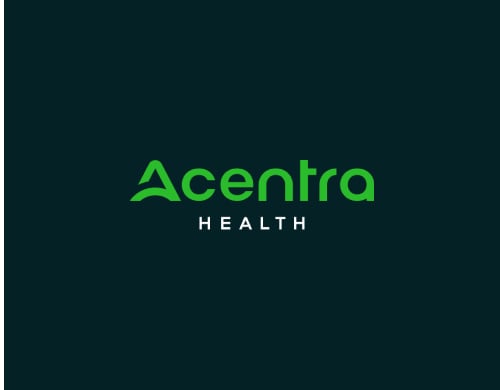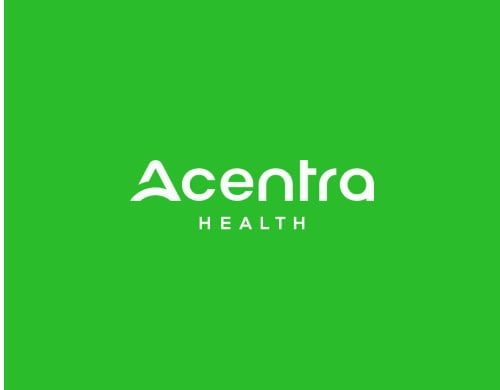Key Takeaways from the National Association of Medicaid Directors (NAMD) 2023 Fall Conference
The NAMD Fall 2023 Conference brought together state agencies, Centers for Medicare & Medicaid Services (CMS) representatives, and industry leaders for insightful discussions on the future of Medicaid. This year’s conference focused on four different themes: PHE unwinding, long-term care, maternal health, and youth health. Additional conference insights and main discussion topics from some of the NAMD sessions include the following:
Member Outreach and Leveraging Data Insights
The importance of multi-modal outreach to members was a key topic of discussion, as consumer literacy and response rates are lower than expected. States are increasingly leveraging data insights to develop targeted outreach strategies, with over 40 states having published dashboards to track population needs, engagement rates, and areas for improvement.
Churn rate, or more simply known as the rate of members dropping out or not finishing the enrollment process, is a frequent focus of many states. CMS representatives stressed this focus with the need to “avoid the churn” in the process, citing that 25-30% of the population accepts the current churn going through the process.
Supporting Youth Health and Well-being
Young adults who grew up with Medicaid shared their stories, highlighting the need for additional improvements in outreach and support tactics. The group emphasized “meeting members where they are,” not just physically but also in terms of digital presence, advocating for more social media engagement and content in multiple languages.
Additional care coordinators were also suggested as a potential resource to help members navigate the Medicaid system more effectively, serving as a point of contact for various circumstances and helping as children on Medicaid aged up in the system.
Importance of Strengthening Partnerships
Several session panels highlighted the importance of open and candid communication between states and the CMS to achieve better outcomes. CMS expressed its readiness to collaborate with agencies on a state-by-state basis to review processes and discuss extensions in unwinding timelines if required. Improving partnerships with provider agencies and leveraging community-based service departments for increased member feedback and advocacy were also suggested.
Some states may already have Community Health Workers (CHW), Assistors, or dedicated Navigator networks. However, for states lacking such networks or needing to scale their outreach efforts, collaborating with an experienced and nimble partner can offer significant advantages. As each state faces unique challenges, Acentra Health is open to discussing how to collaborate effectively to meet individual state requirements. Partnering with an industry expert can enable states the ability to swiftly build and scale a team of CHWs and adapt programs to address various needs throughout the remainder of 2023. This partnership would provide valuable resource support and could help to alleviate pain points and improve the overall process.
Home and Community-Based Care Trend Increase
The conference showcased the growing preference among older generations for home and community-based care. One touching story shared by Cindy Beane illustrated how “Grandma Emma” was able to maintain her quality of life, dignity, and independence by aging in place at her home. The panel discussed how this trend is likely to increase as the older generations seek care options.
Preparing for Shifts with Medicaid and the Broader Healthcare Ecosystem
On the second day of sessions, one panel explored the challenges presented by the declining trust in state and federal institutions and the changing information environment, with many communities relying on social media for news. The panelists suggested embracing data-driven approaches to communication and collaborating with trusted partners to reach targeted audiences.
The panel also discussed how Medicaid could potentially lead in healthcare payment, but this will face challenges with public misconceptions about those who benefit from the programs. By expanding the scope of Medicaid’s services, panelists discussed how the rest of the healthcare system could experience significant improvements.
Forward Momentum
The National Association of Medicaid Directors Fall 2023 Conference highlighted the need for innovative approaches to home and community-based care, member outreach, supporting youth health and well-being, and adapting to the changing healthcare landscape. By fostering collaboration between states and CMS, leveraging data insights, and embracing new communication methods, the future of Medicaid can be shaped to better serve the needs of its beneficiaries.
Acentra Health’s Vice President of Corporate Strategy, Medicaid Policy, and Client Engagement, Heidi Robbins Brown, shared insight into her continued positive experience with the NAMD conference, stating “I’ve been attending this conference for over 20 years so it’s all about relationships and planning to meet future challenges. Smaller sessions with national Medicaid Directors allowed for the strengthening of existing relationships and the forging of new ones. The broader conference puts a spotlight on the key challenges of the future and it’s clear to me Acentra Health has the right solutions to bring enhanced and new value to our 45 state partners to meet new federal requirements with impending due dates.”
Acentra Health, with over 30 years of Medicaid experience, provides innovative solutions to help states achieve improved health outcomes, administrative efficiencies, and cost savings. Recognizing that each state faces unique challenges, Acentra Health welcomes the opportunity to discuss how best to collaborate and address each state’s specific needs. To learn more about our suite of services and solutions, you can contact our team for a demonstration.






